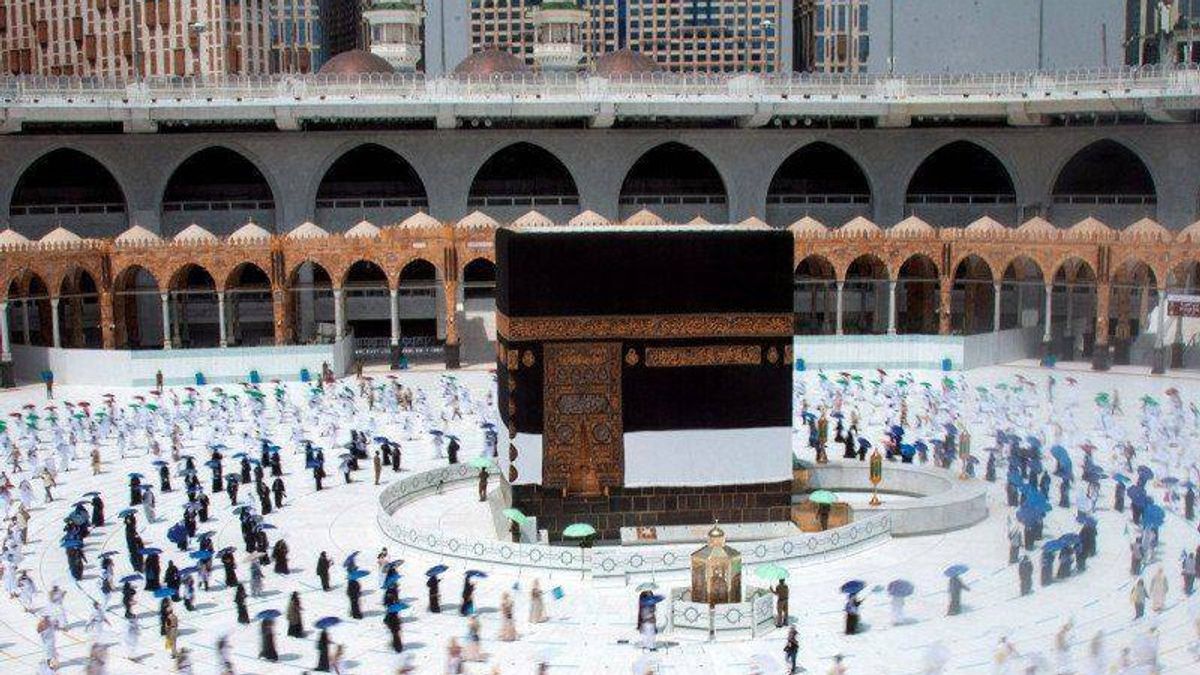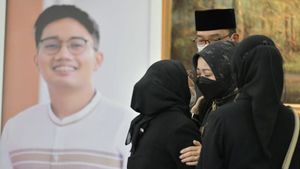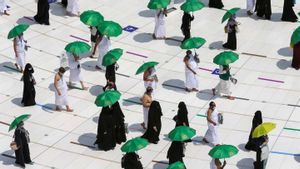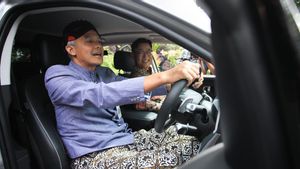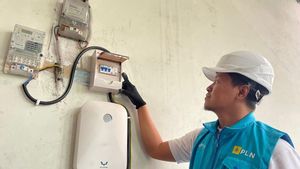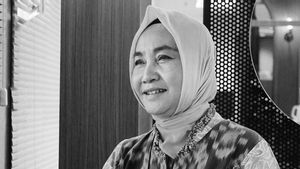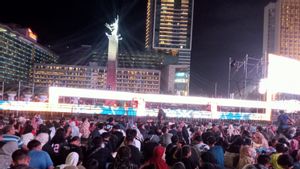JAKARTA - A total of 145 health workers (nakes) are ready to serve Indonesian pilgrims in Mecca, Saudi Arabia, during the 1443H/2022M pilgrimage. The health workers are on standby at the Indonesian Hajj Health Clinic (KKHI) Makkah.
"A total of 145 officers and health workers in Makkah, assisted by 106 health support personnel from believers to accompany the sick, ambulance drivers and hospital liaison officers," said Head of the Health Section of the Makkah Work Area (Daker) M Imran Saleh H in Makkah, quoted by Antara, Sunday 12 June.
He explained that apart from having general practitioners, the KKHI Daker Makkah was also strengthened by two lung specialists, three internal medicine specialists, three heart specialists, two neuroscientists, two anesthesiologists, two surgeons, one orthopedic specialist, two psychiatrists, one emergency specialist, and one specialist. dentist.
The rest, KKHI is also equipped with nurses, nutritionists, pharmacists, ICU nurses, operating room nurses, and medical support personnel.
In addition to KKHI, health workers are also available in the sector which has 11 health workers consisting of two doctors, and nurses as well as health assistants and groups so that the handling of sick congregants can be done quickly.
If it cannot be handled by a doctor in the group, then it is handled by a health worker in the sector where a doctor is also available, if further treatment is needed, he is referred to KKHI or referred to a hospital in Saudi Arabia.
KKHI Daker Makkah provides services equivalent to a type B hospital, namely an emergency room, separate inpatient rooms for men and women as well as an inpatient room for severe cases, and an HCU (High Care Unit) which is also equipped with a ventilator.
SEE ALSO:
The available capacity at KKHI Daker Makkah is 260 beds ranging from the emergency room to special treatment rooms including mental health care rooms.
Imran also added that four ambulance units were prepared at KKHI, and two units each in five sectors of Makkah while the special sector of the Grand Mosque used KKHI ambulances.
"We have also prepared medicines and today they are distributed to the room," he said.
Based on previous hajj experiences, KKHI mostly treated patients with cases of shortness of breath who needed oxygen and pneumonia.
The English, Chinese, Japanese, Arabic, and French versions are automatically generated by the AI. So there may still be inaccuracies in translating, please always see Indonesian as our main language. (system supported by DigitalSiber.id)
